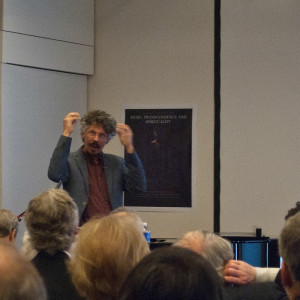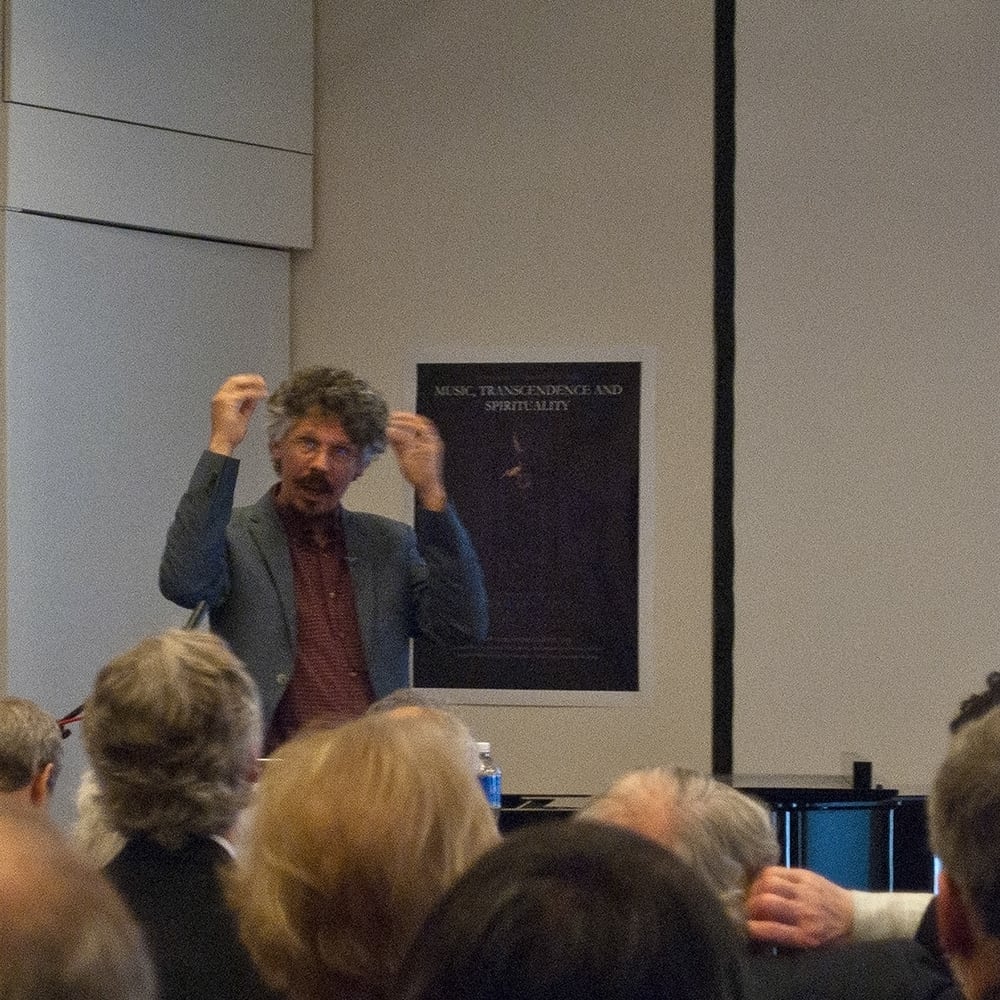
This weekend, the 9th Annual “Music and the Brain” symposium focused on music’s role in stimulating transcendent experiences, examining neural correlates of transcendence and appreciating the role of culture.
The program—which took place on the Knoll and was put on by the Center for Computer Research in Music and Acoustics, the Stanford Arts Institute and the Center for Biomedical Ethics—was well-attended, with an in-person audience of 250 people complemented by online viewers. The symposium consisted of several lectures by psychology and anthropology professors interspersed with musical performances and discussions of transcendence.
Professor of Music Jonathan Berger DMA ’82, who spearheaded this year’s conference, noted the diverse array of presentations at the symposium, which brought experts from across the nation to the Stanford campus.
“The line-up of lecturers and performers was the epitome of interdisciplinary, with an eclectic mix of scientists and artists,” Berger said.
William Beeman, professor of anthropology at the University of Minnesota, delivered the opening presentation and focused on the stigma against altered cognitive states.
“Altered states of consciousness are valued in some cultures, and treated with suspicion in others,” Beeman said.
Beeman discussed both the neurological basis of an altered mental state and the role of music in inducing it, citing a study that demonstrated intra- and inter-brain synchronization between people playing musical duets.
Petr Janata, professor of psychology at UC-Davis, discussed neural stimulation in relation to spiritual experiences and music during his talk. Janata offered the audience an interactive session, playing excerpts of spiritual music from the Hindu, Jewish, Christian and Yoruba tradition, as well as rave and jam band music.
The conference concluded with a performance by magician-doctor Ricardo Rosencranz of Northwestern University.
Contact Julie Turan at jturan ‘at’ stanford ‘dot’ edu.
